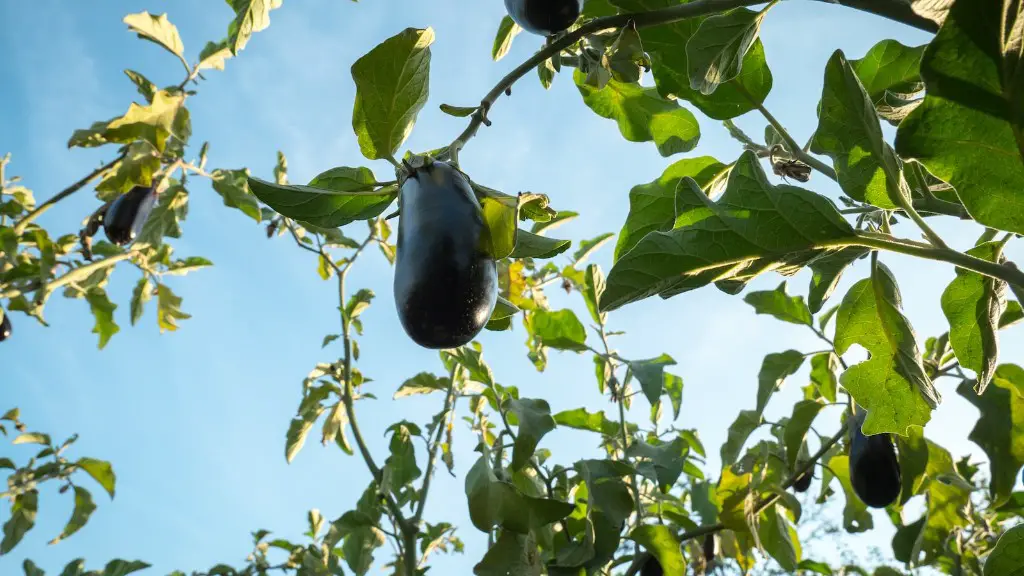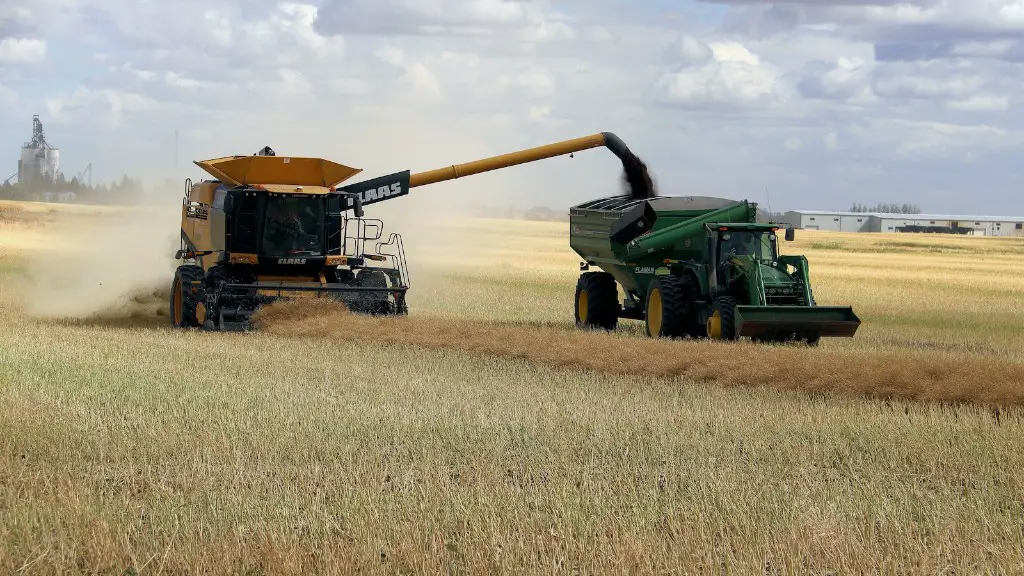Pesticides are chemical substances used to control pests that damage crops and livestock. They can be natural or synthetic and are used to prevent, suppress or eradicate insect pests, weeds, fungi and other micro-organism that cause disease in humans and animals. Pesticides are widely used in modern day agriculture for a number of reasons.
Firstly, pesticides help to protect crops from damage caused by unwanted pests. Without the use of pesticides, a large portion of the food produced would be lost due to rodent and insect infestations. Crops are also susceptible to damage from weeds which can compete for soil nutrients and reduce overall yield. This is why farmers use chemical herbicides to keep unwanted plant species at bay.
Furthermore, pesticides also play an important role in preserving the quality of food. By preventing the contamination of crops with potentially dangerous pathogens, they help reduce the risk of food poisoning. This is especially important in countries where food safety regulations are relatively weak.
Moreover, using pesticides allows producers to increase the yield of their crops and improve their overall profitability. As the demand for food grows with the increasing population, more farmers are turning towards the use of pesticides to maximize the output of their land.
Finally, pesticides can also be used to protect livestock and reduce the risk of disease in animals. In areas where livestock is a major part of the economy, chemical sprays can help prevent the spread of contagious diseases among animals and protect their health.
The Use of Synthetic Pesticides
Synthetic pesticides are chemical compounds that are widely used in modern agriculture. These are designed to target and control specific pests, thereby reducing the amount of pesticides needed for effective pest control. They are usually more effective than organic pesticides and their use reduces the amount of damage caused by pests.
However, synthetic pesticides can have a range of harmful effects on both humans and the environment. Prolonged exposure to these chemicals can cause health problems such as dizziness, eye irritation, and nausea. They can also accumulate in the soil and contaminate water sources, posing a risk to aquatic life.
Furthermore, there is growing concern over the potential long-term effects of synthetic pesticides on human health and the environment. The World Health Organization has identified certain pesticides as potential carcinogens, while others have been linked to a range of neurological disorders.
Therefore, it is important for agricultural producers to understand the potential risks associated with the use of synthetic pesticides and ensure that their use is kept to a minimum.
Alternatives to Pesticides
Apart from chemical pesticides, there are a number of alternative methods for controlling pests and disease. These include the use of natural predators, the introduction of natural plant predators, the use of physical barriers and traps, and the application of cultural practices such as crop rotation.
Natural predators are species that prey on other pests and can help to reduce their populations. For example, birds, frogs and bats can feed on insects and other small animals, while ladybirds can help to reduce aphid populations.
Physical barriers such as fences and netting can also help to restrict pest movement and prevent damage to crops. Similarly, traps can be used to capture pests, while cultural practices such as crop rotation can help reduce pests by breaking their natural life cycle.
Organic pest control methods are an effective way to reduce the effects of pests without the use of potentially harmful chemicals. However, they can be labour-intensive and require careful monitoring.
Integrated Pest Management
Integrated pest management (IPM) is an approach to managing pests that combines several methods in order to reduce their impact on crops. This approach involves the use of cultural, biological and chemical techniques, with the overall aim of minimizing the use of pesticides and other chemical controls.
IPM techniques can include the use of beneficial predators, crop rotation and the introduction of resistant varieties of plants. Biological pest control such as the use of fungal and viral agents can also be employed if non-chemical methods are unsuitable.
Finally, chemical pesticides are still used in some cases, although their use is usually restricted to cases where non-chemical methods are not feasible or effective. With IPM, the use of pesticides is kept to a minimum and the effects of pest outbreaks are kept to a minimum.
Conclusion
In conclusion, pesticides play an important role in modern agriculture as a way to protect crops from pests, reduce the risk of food contamination and increase yields. However, there is growing concern over the potential health and environmental impacts of using synthetic pesticides, with more and more producers turning towards alternatives such as integrated pest management.




